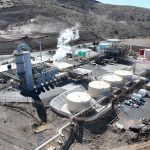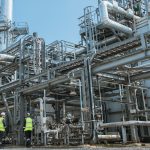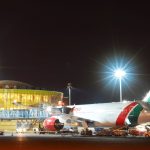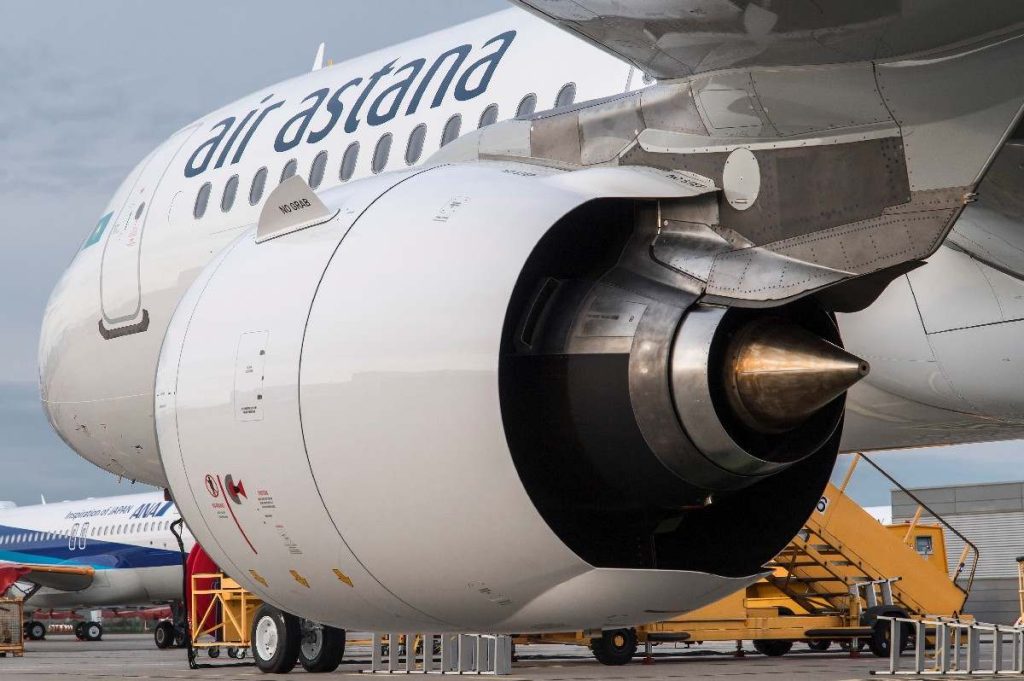US-based sustainable fuels producer LanzaJet has signed an agreement with Kazakhstan’s national oil and gas company KazMunayGas (KMG) to advance the country’s first sustainable aviation fuel project and deploy LanzaJet’s alcohol-to-jet technology to the region. The partners recently completed a joint feasibility study and have now agreed to proceed to the Front-End Engineering and Design (FEED) development phase of the project, during which all technical and economic solutions for construction of the plant will be finalised. The next phase is set to get underway immediately and the project is expected to support anticipated SAF demand in the country that is likely to hit 70,000 tonnes annually by 2030. LanzaJet was recently awarded £10 million ($13m) from the UK’s Department for Transport (DfT) to accelerate development of its Project Speedbird commercial-scale ethanol-to-SAF biorefinery project in north-east England.
Commenting on the agreement signed with KMG at New York Climate Week, LanzaJet CEO Jimmy Samartzis said: “Kazakhstan is the type of market that creates incredible potential across industries – agriculture, logistics, oil and gas, and aviation. Our collaboration with KMG sets in motion regional leadership to advance lower carbon flight and the decarbonisation of aviation, economic development for the country and energy security for the region.”
Responded KMG CEO Askhat Khasenov: “This collaboration represents a significant contribution to strengthening bilateral cooperation and will support our low-carbon development goals and the deployment of cutting-edge technologies.
“Overall, the project will positively impact the development of the biofuels market, improve the environmental performance of the aviation sector and enhance Kazakhstan’s transit potential.”
The country’s six airlines currently operate 56 domestic routes, with international air traffic now expanded to 31 countries and 58 cities, with flights on 119 routes. By 2030, Kazakhstan aims to increase passenger traffic from 14.7 million to 26 million and more than double the aircraft fleet from 104 to 221.
During the recent ICAO Assembly, civil aviation officials from the Kazakhstan government met with representatives from the European Union Aviation Safety Agency (EASA) to strengthen collaboration on aviation safety and sustainability in the Central Asia country.
The latest DfT award to LanzaJet will support the FEED phase of Project Speedbird, which is expected to be the UK’s first commercial-scale facility to produce SAF from low-carbon ethanol using waste-based feedstocks. Once operational, the Teesside facility is expected to produce over 30 million gallons (90,000 tonnes) of sustainable fuels, primarily for LanzaJet investor and SAF customer British Airways.
“Project Speedbird is vital to building a national SAF industry in the UK and to unlocking opportunity and innovation in the region,” said Samartzis.
Photo (Airbus): Air Astana is the flag carrier airline of Kazakhstan

Christopher Surgenor
Editor















More News & Features
News Roundup October/November 2025
LanzaJet produces first next generation, ethanol-based SAF at flagship Freedom Pines refinery
European Commission announces Sustainable Transport Investment Plan to advance low-and-no-carbon fuels
XCF plans three new Australian SAF plants, while Wagner and FlyOro activate blending facility
UK government starts new consultation on SAF revenue certainty mechanism
African Development Bank and Japanese industrialist unite to explore SAF production in Africa